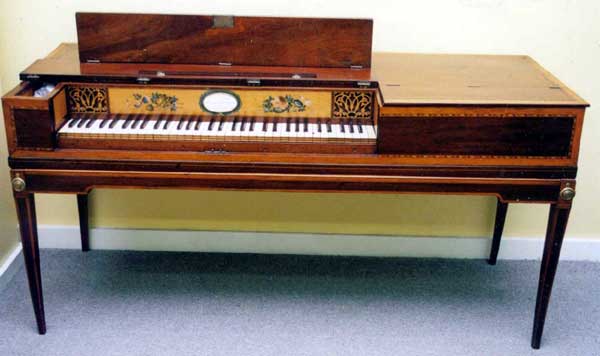Whatever work there is should have as much meaning aspossible. Wherever possible, workmen should be artists; theirwork should be the application of knowledge or science andknown and enjoyed by them as such. They should, if possi-ble, know what they are doing, why what they are doing hasthe results it has, why they are doing it, and what constitutesthe goodness of the things produced. They should understandwhat happens to what they produce, why it happens in thatway, and how to improve what happens. They should under-stand their relations to others co-operating in a given process,the relation of that process to other processes, the pattern of-them all as constituting the economy of the nation, and thebearing of the economy on the social, moral, and politicallife of the nation and the world. Work would be humanizedif understanding of all these kinds were in it and around it.
Is this the same sort of shift in work noticed by Barak Obama in his four part documentary series Working: What We Do All Day which aired on Netflix in 2023?
Politicians should focus here especially.


 . For the lawyers that "drove about" in these carriages, Austen is suggesting the connection of carriages relating lawyers to wealth and fashion.
. For the lawyers that "drove about" in these carriages, Austen is suggesting the connection of carriages relating lawyers to wealth and fashion.